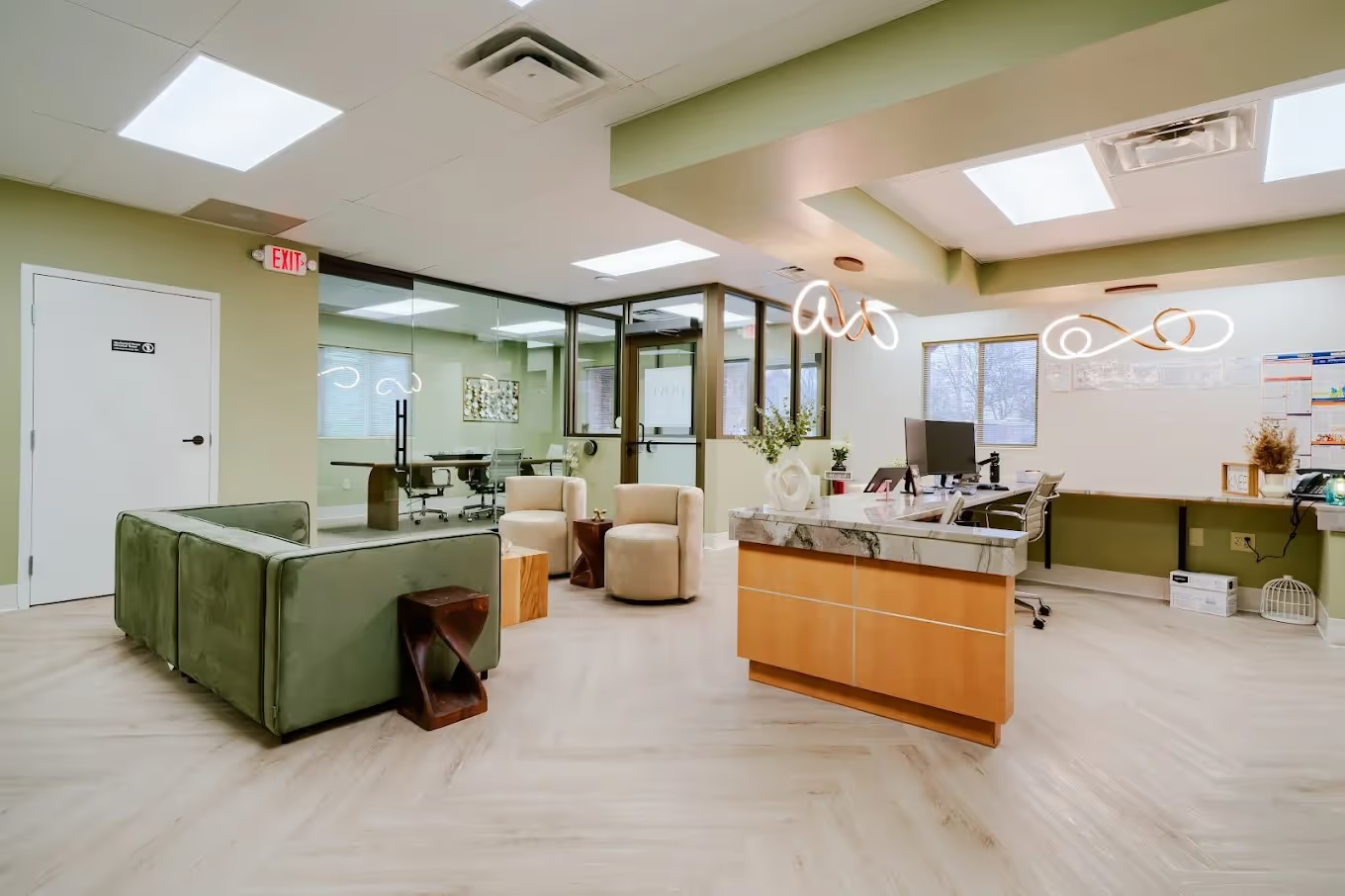#1 Outpatient Rehab Program
Outpatient treatment programs are designed to assist patients on their road to recovery while continuing to go to work or school and spend time at home with their families.
Most Insurances Accepted
Most insurance companies will cover all or a portion of the costs associated with substance abuse treatment. Verify your insurance and determine the coverage available.

%201.png)











%201.png)











%201.png)











%201.png)










What is an Outpatient Program
An outpatient program is our most flexible addiction treatment program. It offers patients a personalized, part-time treatment schedule that allows them to continue going to work, attending school, and spending time at home with their families.
This program is typically a great option for those who have an excellent support system at home and are at a low risk of relapse.
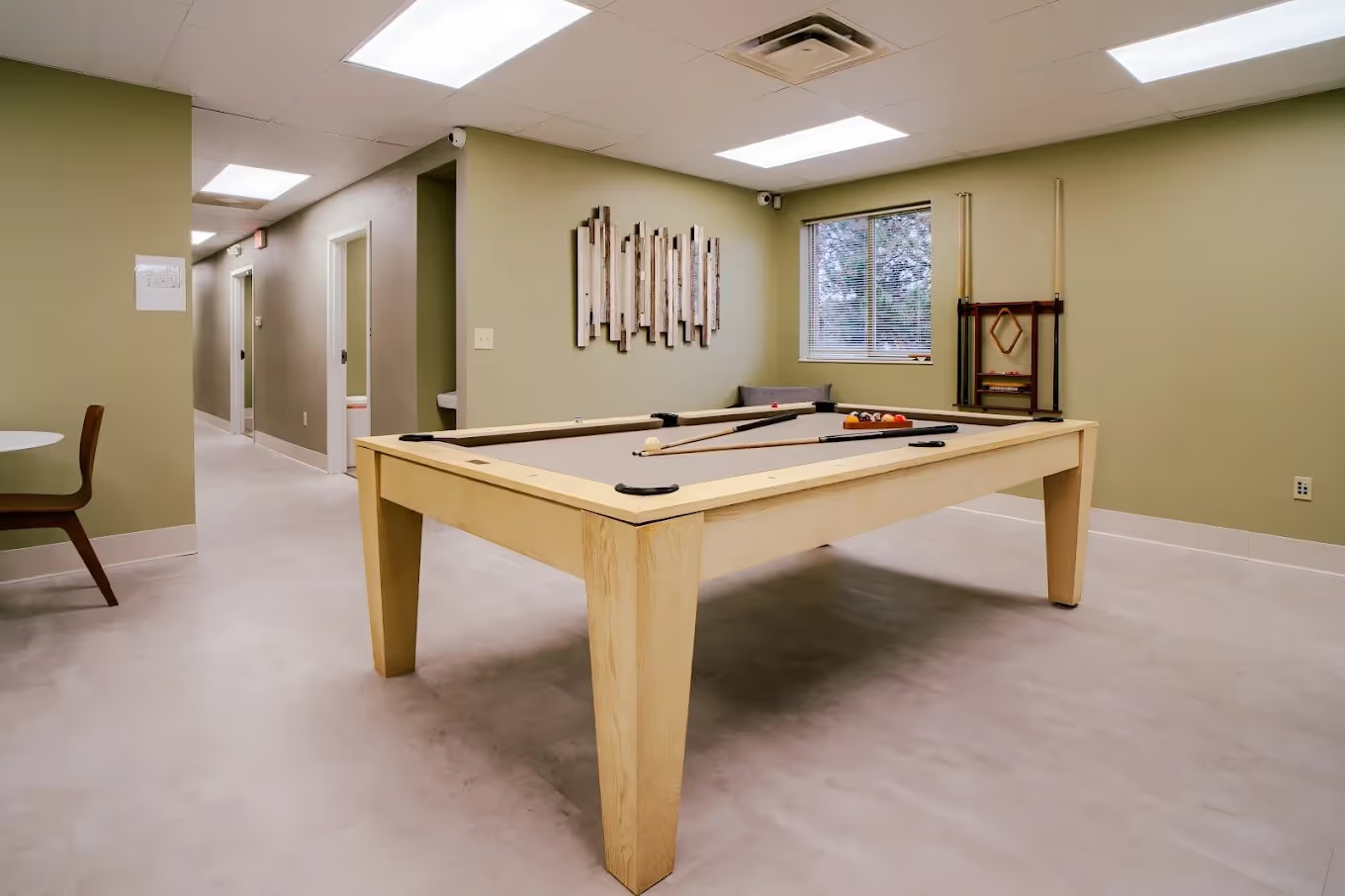
Benefits of an Outpatient Rehab Program
Our Outpatient Program offers flexible treatment options tailored to your needs. Experience compassionate care while maintaining your daily life.
Flexible
The flexibility of our outpatient program, allows patients to maintain their daily routines and responsibilities. The part-time schedule of therapy sessions and medical care can be personalized to fit your needs.
Affordable
An outpatient program can often be more affordable than inpatient treatment programs. They also allow patients opportunities to apply their newfound coping skills to real-world situations, which can aid in long-term recovery and relapse prevention.
Outpatient Program Services
The Outpatient Program at Dove Recovery is a comprehensive treatment program, including several services designed to work together to help patients through the recovery process.
Case Management Services
Dove Recovery case managers will conduct a needs assessment with each client to determine if any issues could be a barrier to recovery and collaboratively create a goal-oriented Service Plan.
The Service Plan may include things such as:
- Accessing and linking to community resources and support
- Symptom monitoring
- Coordinating and assisting with crisis management and stabilization
- Advocacy and outreach
Case Management Services are available to all clients during business hours Monday-Friday, by appointment. These services may be provided in person or via telephone.

Counseling and Therapy
Counseling and therapy are key parts of the recovery process. The Dove Recovery team of professionals offers:
More information on these services is available on our Counseling & Therapy page.

Medication Management
Medications can be helpful in the treatment of substance use disorders and also behavioral health disorders. During the patient’s first visit, to determine if the patient is a good candidate for any medications, the doctor will gain insight into:
- General Health
- Medical History
- Substance Use History
Follow-up appointments will be scheduled to monitor how well the medications are working and make adjustments as needed.
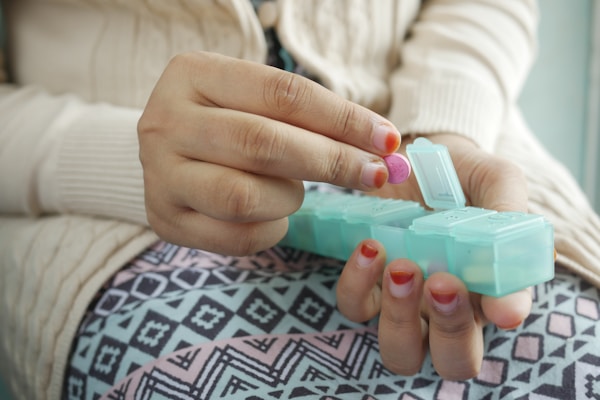
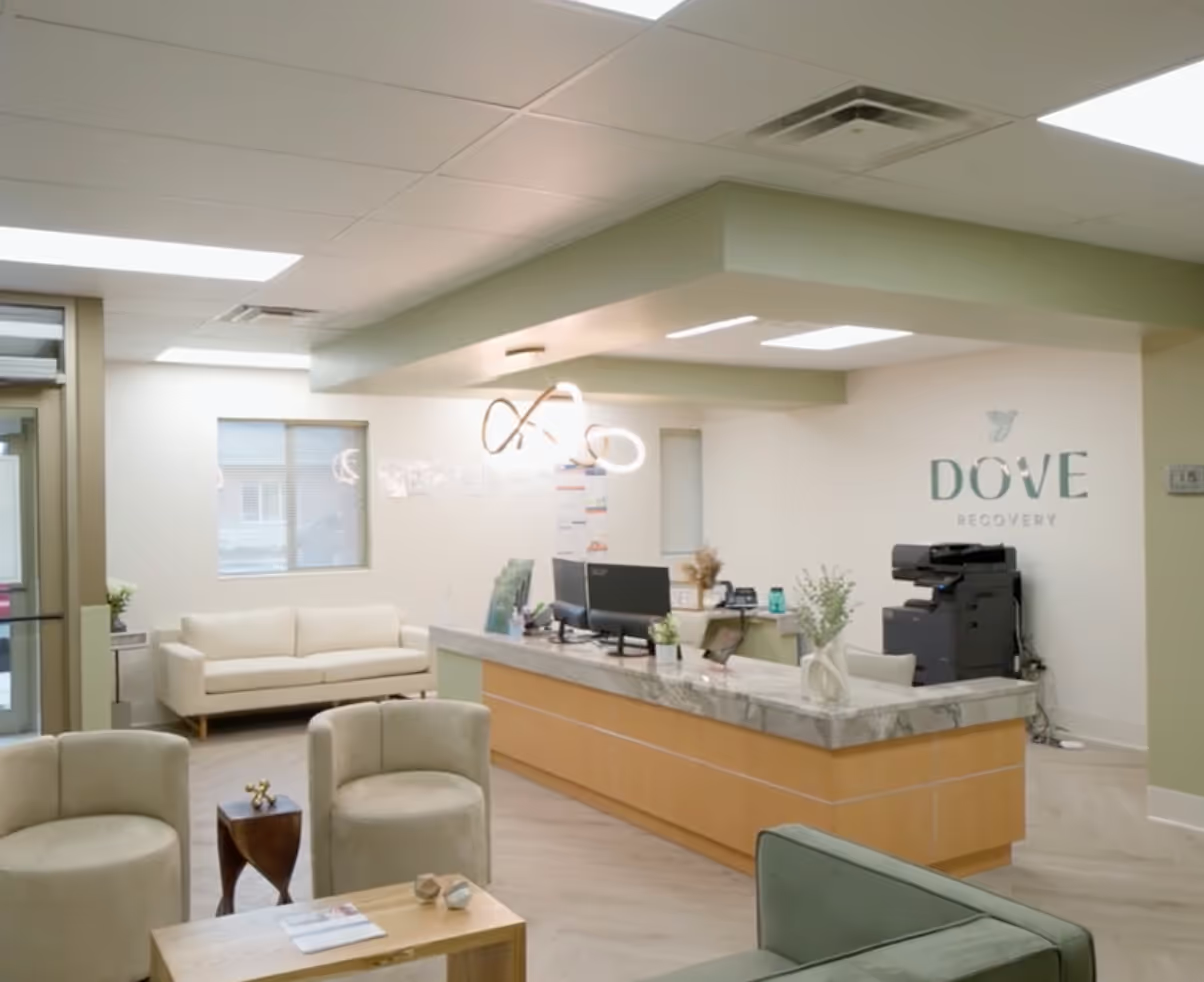

Experience the Dove Difference With Our Outpatient Program
Dove Recovery’s mission is to provide compassionate addiction treatment to those in need. Our personalized treatment and evidence-based addiction therapies are designed to help you achieve success and find happiness at our drug rehab Columbus, Ohio. We encourage anyone considering an outpatient program to consult with a healthcare professional to determine if this program is suited to their needs.
Learn More About Our Outpatient Rehab Programs
Dove Recovery specializes in Outpatient Rehab Programs (OP). With evidence-based approaches, our team offers customized treatment plans designed for individual clients needs.Contact us today to learn more about our recovery program options.

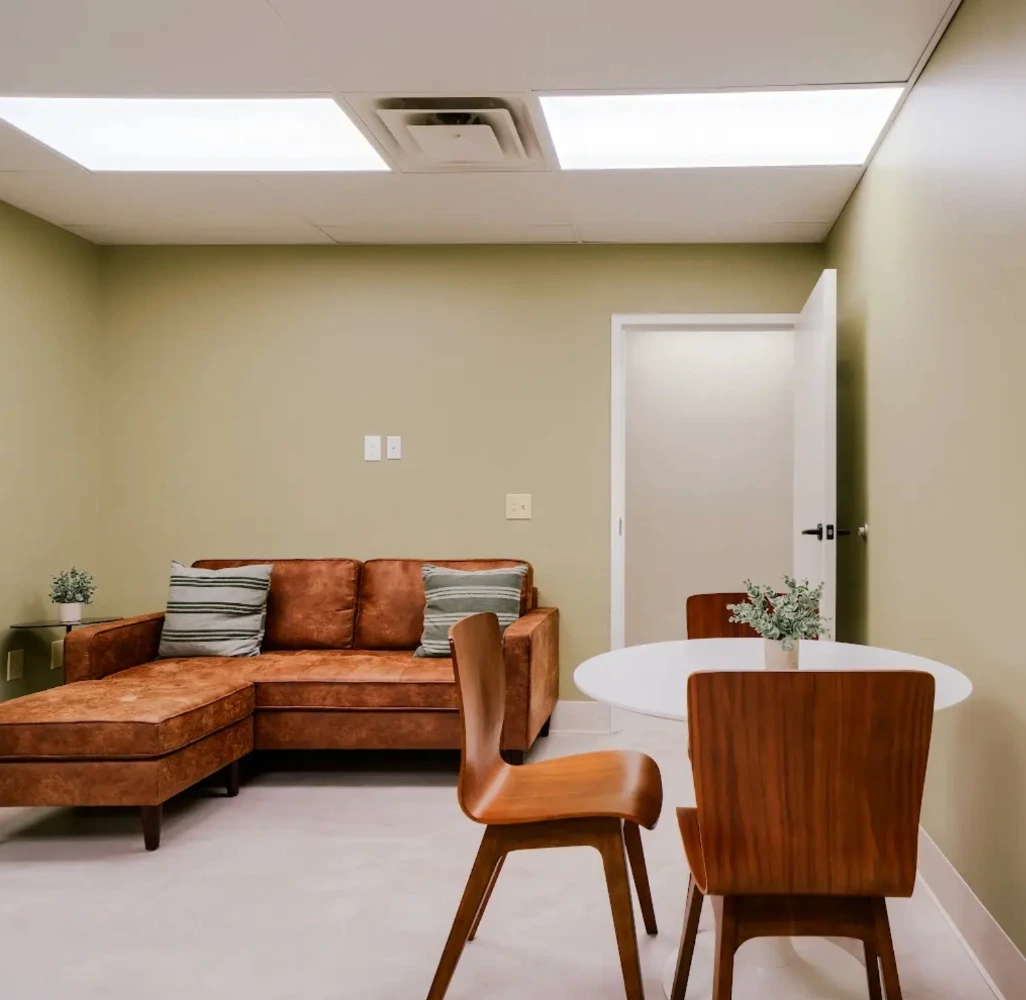
FAQs
About Our Outpatient Program
Who Is An Outpatient Program For?
Dove Recovery’s Outpatient Program is designed to assist patients who:
- Have a stable home environment
- Are at lower risk of relapse
- Need therapy and medical care with the flexibility to maintain their work, school, and personal schedules
If this sounds like the level of care you’re looking for for yourself or a loved one, contact us today for more information.
What Can I Expect In Your Outpatient Program?
Patients in Dove Recovery’s Outpatient Program benefit from options such as:
- Individual therapy
- Group therapy
- Medical management
- Holistic therapies such as yoga and meditation
These are available in daytime and evening sessions to allow flexibility for work or school schedules. Speak with an admissions therapist to learn more about our part-time care options.
How Long is the Outpatient Program?
Each Dove Recovery treatment plan is customized for the individual. We’re here to help you through your recovery, and several factors will be considered when determining the length of your program. Contact our team today to learn more.
Does Your Outpatient Program Work?
Treatment provided by Dove Recovery exceeds industry standards. Our expert team uses an evidence-based approach to ensure we’re providing our clients with the best opportunity for recovery.
How Do You Pay for the Outpatient Program?
Dove Recovery accepts most major insurance. Learn more about your insurance coverage here.
If you are not covered by insurance, contact our admissions team to learn more about our private payment plan options.
How Long Do Partial Hospitalization Programs Last?
At Dove Recovery, every PHP is personalized for each patient. We are here for your recovery needs, and there are several factors to consider when determining the length of the program. Contact our team today to learn more.
Can I Keep My Job While Attending an Outpatient Program?
Outpatient Programs are designed to work with the schedules of those working or attending school. Dove Recovery customizes each treatment plan to the needs of individual clients, and therapies can be scheduled around working hours.
It’s also important to note that there are laws in place to help individuals seeking addiction help while retaining their jobs, such as the Family and Medical Leave Act.

